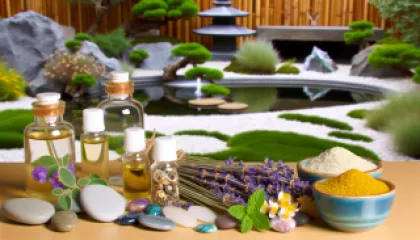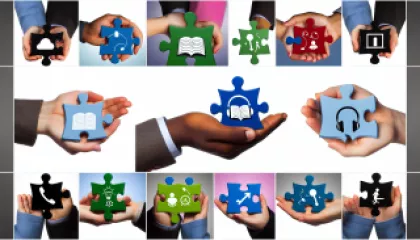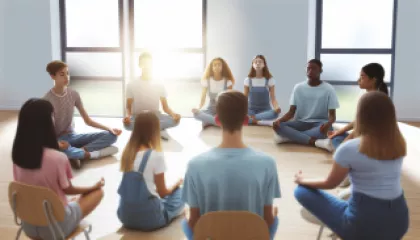Tá sé deacair a chreidiúint uaireanta go bhfuil an eolaíocht agus an draíocht in ann bualadh le chéile, ach sin díreach an turas atá mé ar. Is mise Pádraig Ó Gealbháin, fear a chreideann go daingean i gcumhacht na hintinne daonna agus i gcumas athrú a thabhairt ar ár saolta trí léargas agus athmhachnamh.
Ó bhí mé óg, bhí suim mhór agam sa tslí a oibríonn an intinn, sa chaoi a n-athraíonn sí, agus sa chumhacht atá againn chun ár smaointe agus ár mbealach smaointeoireachta a athrú. Is é seo a thiomáin mé chun domhain a thumadh i saol na síceolaíochta agus a mheall mé chuig réimsí cosúil le cineálacha díchumadóireachta cognaíocha agus síceolaíocht na buíochais.
Léirigh mo thaithí dom go bhfuil cumhacht iontach ag baint le bheith buíoch, cumhacht a athraíonn conas a bhraitheann muid faoinár saol agus faoin domhan timpeall orainn. Tugann sé seo dom tuiscint ar leith ar conas a oibríonn an intinn, agus conas is féidir linn ár smaointe agus ár mothúcháin a athrú chun saol níos sona, níos sláintiúla a chruthú dúinn féin.
Trí mo thaithí 14 bliana, d’fhoghlaim mé go bhfuil ealaín agus eolaíocht le fáil i bpróiseas na teiripe. Níl sé rómhór a rá gur cosúil le heolaí a bhíonn ag déanamh turgnaimh uaireanta - ag triail modhanna éagsúla, ag fáil amach cad a oibríonn, agus ag sainiú cur chuige pearsanta don duine aonair. Is é an t-éacht is mó, dar liom, ná an nóiméad nuair a aimsíonn tú an eochair a osclaíonn doras do dhuine chun féachaint ar a saol ar bhealach nua.
Tá domhan na teiripe cosúil le mapa gan teorainneacha, mapa a thugann deis dúinn iniúchadh a dhéanamh ar theorainneacha ár n-intinne agus ar na féidearthachtaí atá romhainn. Agus mé ar an dturas seo, tá sé mar aidhm agam mo chliaint a spreagadh chun a gcuid féin a iniúchadh, gan eagla orthu roimh na dúshláin agus na deiseanna a thiocfaidh chun cinn.
Creidim go bhfuil rud éigin draíochtúil faoi bheith in ann cabhrú le daoine a saol a athrú trí athrú a dhéanamh ar a mbealach smaointeoireachta. Is é mo phaisean cabhrú leat a fheiceáil go bhfuil níos mó i do shaol ná mar a cheapann tú, agus go bhfuil an chumhacht agat é a athrú. Mar sin, déanaimis tús a chur leis an eachtraíocht seo le chéile, agus féachaimis cá dtiocfaidh muid amach.




